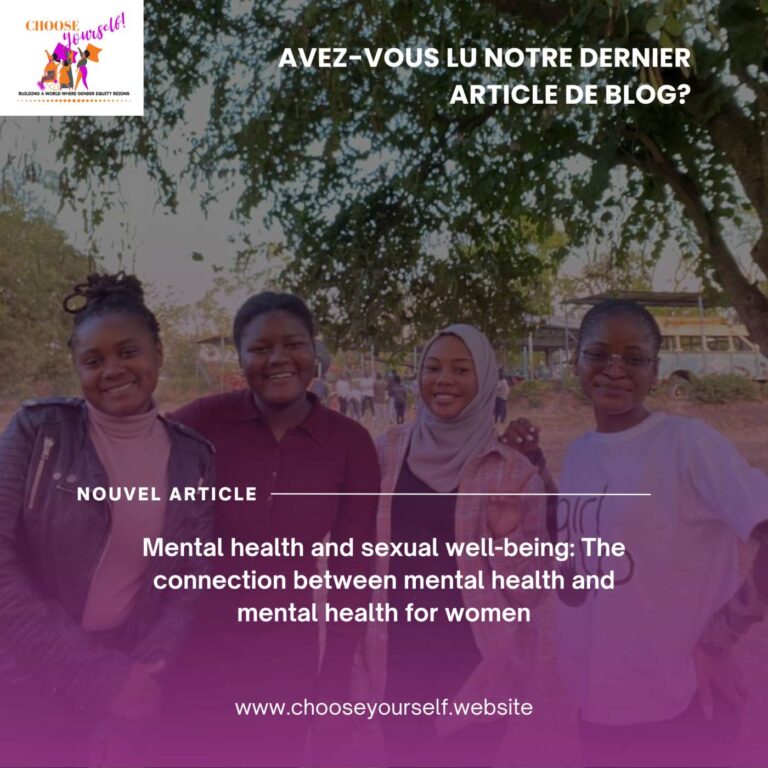For centuries, topics surrounding mental health and sexual-wellbeing have been considered taboo. There are a lot of stigmas attached to these two topics, especially in the context of women. As a result of this, women are not able to explore their sexuality freely and more often than not, issues related to their sexual/mental well-being may go unnoticed until they get much worse. It is important to understand how these two domains are intertwined, so as to figure out a comprehensive approach to the overall health and happiness of women.
The world is fast evolving. However, even now in 2023, there is still a noteworthy challenge in creating increased awareness about mental health and sexual well-being. Society tends to create a culture of silence surrounding psychological issues, and this could be as a result of a number of things. Women are not allowed to talk about topics related to sex, because they are not considered sexual beings. This way of thinking is fueled by a lack of understanding, which leads to discrimination. If we break down these barriers, women will be able to seek help where needed and feel empowered to share their struggles through informed and open discussions about their mental health and sexual well-being.
There are a number of things that need to be addressed in order to give women a better understanding of the interconnected factors that shape their well-being. For instance, we can take a look at how some psychological factors can deeply impact women’s sexual health. There are ailments like anxiety and depression, which can deeply affect one’s desire and affection. We can also look at how societal expectations and pressure often make mental health challenges much worse, which creates a ripple effect on sexual well-being. In most cases, hormonal issues like puberty or menopause can impact women both mentally and sexually. When we address the aspects of all these psychological issues, we become one step closer to creating a good balance between the mental and sexual welfare of women.
Relationship dynamics can also play a significant role in women’s mental health and, additionally, their sexual well-being. There are some unique challenges in relationships that can affect women. This is where we see the importance of communication. Women need to know that it is okay to set boundaries in relationships and to make it known whenever they feel violated. Knowing how to communicate effectively can foster a positive connection between mental health and sexual well-being. Alternatively, there is a need for trauma informed care, where women who have fallen victim to the long term impact of traumatic experiences on both their mental health and sexual well-being can seek help. An approach that enforces safety and empowerment would be most effective.
In conclusion, it is safe to note that women’s sexual empowerment is in fact intricately linked with mental well-being. It looks at aspects of body image, self-esteem and agency. We need to break down societal narratives and cultural influences that play a role in shaping women’s perceptions of their own sexuality and mental state.
Tapiwa Mumba,
GT Ambassador Malawi.


